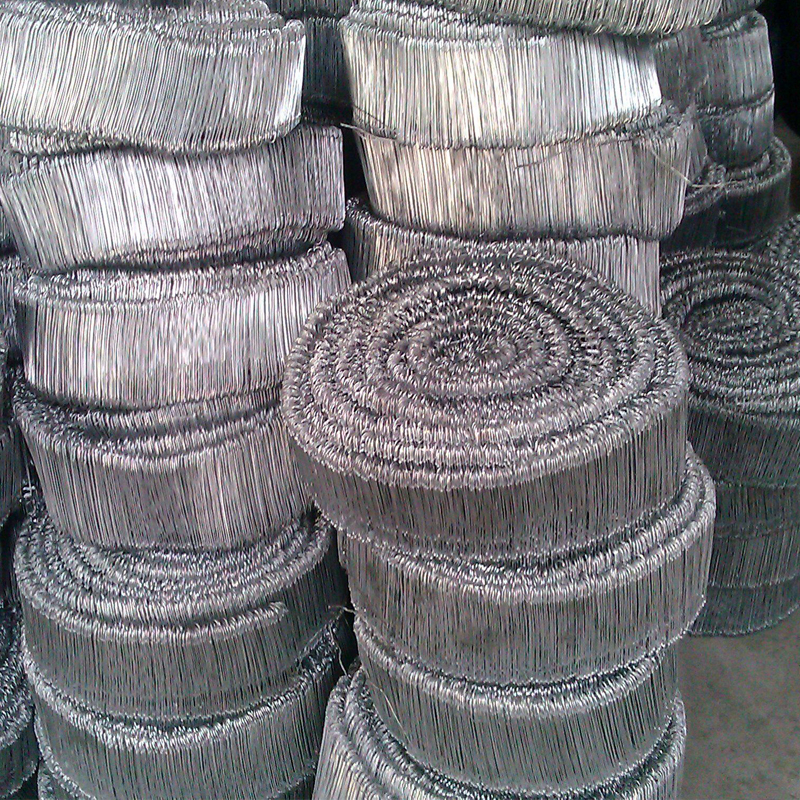Understanding 12 Gauge GI Wire Essential Features and Applications
When it comes to versatile and durable wiring solutions, 12 gauge GI (Galvanized Iron) wire stands out in various applications across different industries. Known for its strength, flexibility, and resistance to corrosion, this wire is a popular choice for everything from fencing to construction and beyond.
What is 12 Gauge GI Wire?
The term gauge refers to the wire's diameter, and in this case, 12 gauge implies a specific thickness. More precisely, 12 gauge wire has a diameter of approximately 2.05 millimeters (0.0808 inches). GI wire is coated with zinc to protect it from rust and oxidation, which significantly extends its lifespan in outdoor environments. This makes it an ideal choice for applications that require robust physical properties.
The manufacturing process of GI wire typically involves drawing steel wire through a series of dies to achieve the desired thickness, followed by a hot-dip galvanization process where the wire is submerged in molten zinc. This method creates a durable and corrosion-resistant coating that adheres extremely well to the metal surface.
Key Features of 12 Gauge GI Wire
1. Strength and Durability The 12 gauge size provides a strong and robust wire that can withstand significant tension and load, making it suitable for use in heavy-duty applications. 2. Corrosion Resistance The galvanization process means that the wire is not prone to rusting, which is crucial for outdoor applications such as fencing and agricultural uses. This resilience ensures a long lifespan, reducing the need for frequent replacements.
3. Flexibility and Workability Despite its strength, 12 gauge GI wire is also relatively flexible, allowing it to be bent or shaped without breaking. This characteristic makes it convenient for various construction and crafting tasks.
4. Cost-Effective Compared to other types of wire, 12 gauge GI wire is often more affordable, making it an economically viable option for both large-scale projects and small DIY endeavors.
gi wire 12 gauge

Applications of 12 Gauge GI Wire
The versatility of 12 gauge GI wire lends itself to a wide range of applications
- Fencing One of the most common uses for 12 gauge GI wire is in the construction of fences. Its strength allows it to provide security and delineate property lines effectively. Whether for agricultural purposes or residential enclosures, it serves as a reliable fencing choice.
- Construction In construction, 12 gauge wire is often used for reinforcing concrete and creating structural frameworks. Its durability ensures that it can hold structural elements together, ensuring the integrity of buildings and other constructions.
- Crafting and DIY Projects From hobbyists to professional artisans, 12 gauge GI wire is a favorite in crafting. Its workability allows for intricate designs, whether in jewelry making or creating decorative structures.
- Electrical Applications While not as common as insulated wire, 12 gauge GI wire can also be utilized in electrical applications, particularly for grounding purposes, where durability and conductivity are essential.
Conclusion
In summary, 12 gauge GI wire is a practical and efficient solution for various applications due to its strength, flexibility, and resistance to corrosion. Whether used in fencing, construction, crafting, or electrical work, it provides reliability that many other materials may not offer. By understanding the features and benefits of 12 gauge GI wire, users can make informed decisions for their specific needs, ensuring optimal performance in their projects and applications. As industries continue to evolve, the demand for such versatile materials will undoubtedly remain strong, underscoring the essential role of 12 gauge GI wire in today's world.

















